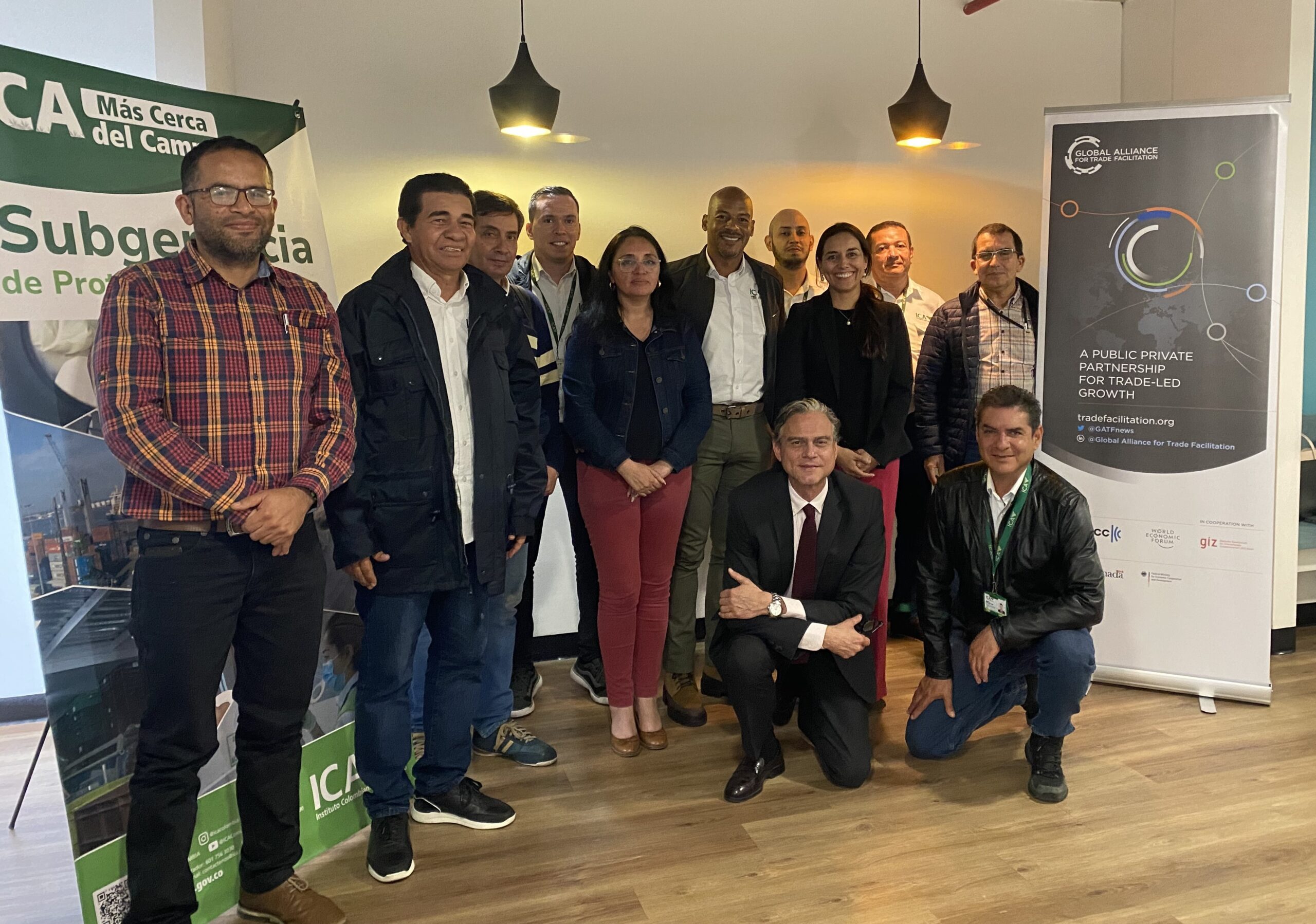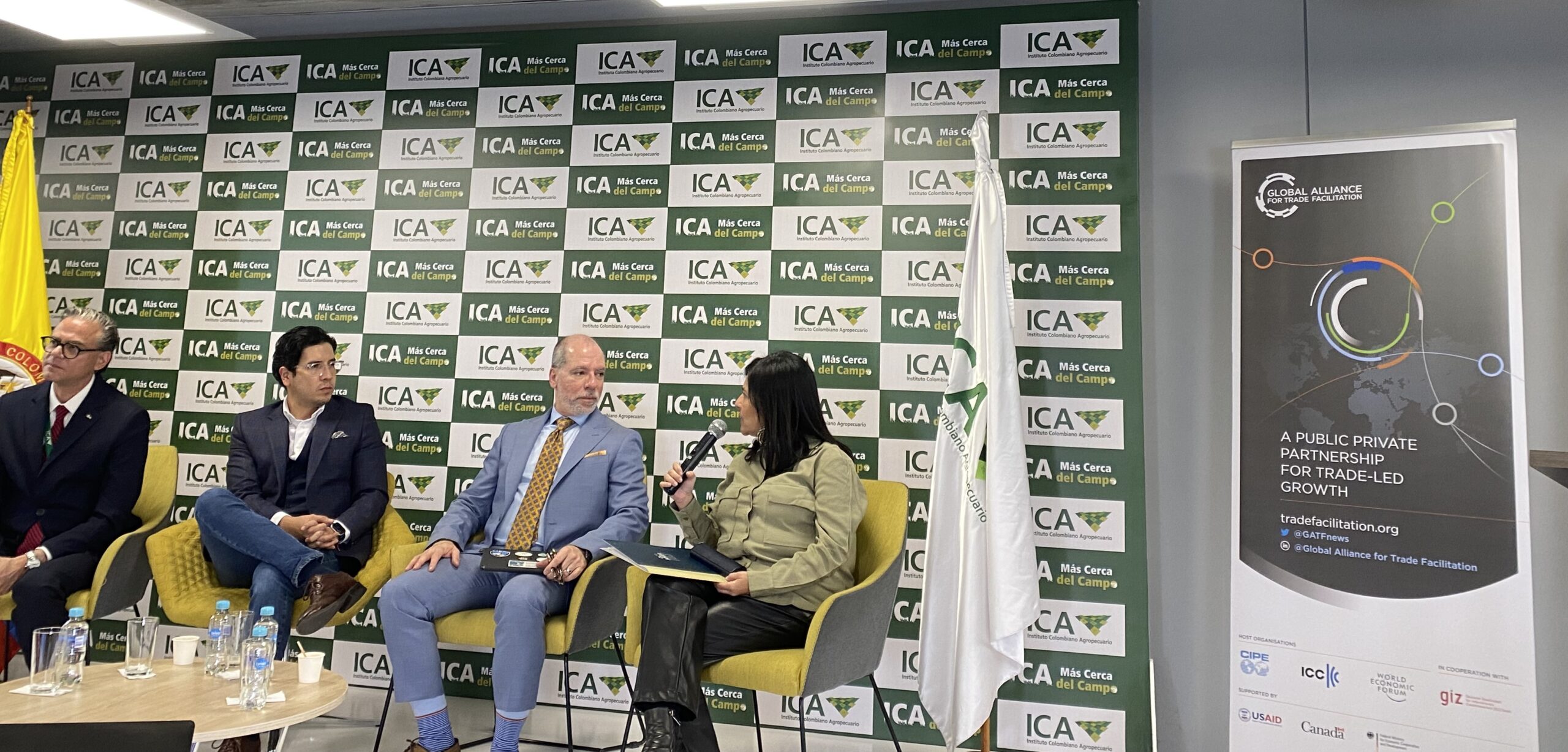The Colombian Agricultural Institute (ICA), the country’s sanitary and phytosanitary regulatory agency, has formally marked the imminent launch of exclusive digital phytosanitary certification on April 8, 2024, informing traders that paper equivalents will be phased out by the end of this month.

The country will integrate into the International Plant Protection Convention (IPPC) ePhyto Hub, enabling electronic phytosanitary exchange quickly, accurately and at low cost. ePhyto adoption will also minimise the loss, damage, or fraud common in paper transfers, while reducing the administrative burden on both border agencies and businesses.
Currently, Colombia issues around 170,000 paper phytosanitary certificates every year, covering a wide range of plants and plant products, including cut flowers, fruit, and vegetables.
Full implementation is the result of extensive public private partnership collaboration involving the ICA and the National Business Association (ANDI), supported by the Global Alliance for Trade Facilitation. ICA officials are undergoing final training on new procedures, which will operate through the country’s Health Information System for Import and Export of Agricultural and Livestock Products (SISPAP).
With technical assistance from the Alliance, Colombia has successfully completed test exchanges with the United States and France through the IPPC ePhyto Hub, building on previous bilateral exchanges with several Latin American countries, including Chile, Peru, Mexico, and Argentina.
 Attendees at the launch event in Bogota on April 3, included ICA General Manager, Juan Fernando Roa Ortiz; ANDI Executive Vice-President, Paola Buendía García; Alliance Deputy Director, José Raúl Perales; and Deputy Manager, ICA Border Protection Sub-Management Agency, Wilkien Antonio Ramírez Espinosa.
Attendees at the launch event in Bogota on April 3, included ICA General Manager, Juan Fernando Roa Ortiz; ANDI Executive Vice-President, Paola Buendía García; Alliance Deputy Director, José Raúl Perales; and Deputy Manager, ICA Border Protection Sub-Management Agency, Wilkien Antonio Ramírez Espinosa.
Welcoming the impending transition, Mr Ortiz noted the many benefits digitalisation would bring, including to the national economy.
“By joining the IPPC Hub, Colombia will be able to exchange electronic certificates with 88 countries, strengthening the competitiveness and efficiency of trade in agricultural products and protecting legitimate trade by preventing fraudulent certificates,” he said.
Ms Buendía Garcia emphasised the importance of consistent private sector engagement in bringing this project to a successful conclusion.
“ANDI celebrates the launch of ePhyto, which is the result of almost two years of joint work with the Global Alliance and the ICA,” she said. “It will enable agri-business to save time and cost involved in export processes.”
Speaking on behalf of the Alliance, Mr Perales said trade facilitation is vital to ensuring that perishable foods reach markets in optimal condition and should be considered part of strategic policy.
“ePhyto adoption will promote food security, while also favouring the growth of productive activity and MSME (Micro, small and medium enterprises) access to the undoubted benefits of global trade,” he said.
